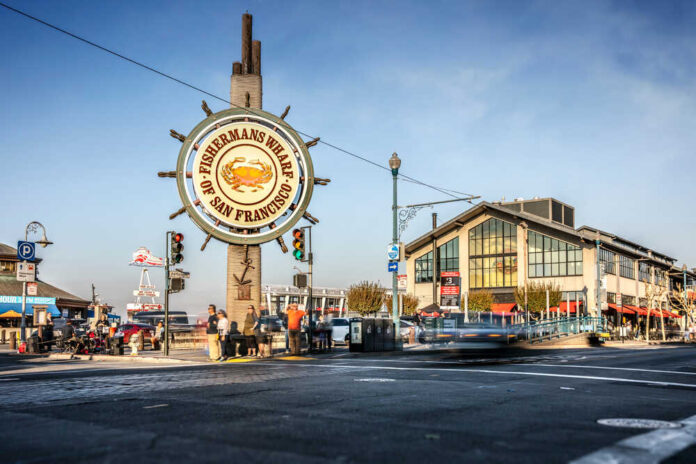
While an outlandishly expensive plan to provide Black residents of San Francisco, California, with reparations has attracted significant criticism in recent months, the state is considering a program of its own that could hand out payments of $360,000 to nearly 2 million individuals.
Although that sum is significantly less than the $5 million — plus free housing, guaranteed income for 250 years, and the elimination of debt and taxes — being proposed in San Francisco, the statewide plan would nevertheless tip the scales at an estimated $800 billion.
For those sitting on the task force established to debate the merits of the program, however, the cost is only a distraction. In fact, member Cheryl Grills recently complained that people are concerned about the burden that those not receiving reparations would have to bear.
“We want to make sure that this is presented out in a way that does not reinforce the preoccupation with a dollar figure, which is the least important piece of this,” she claimed.
Instead of worrying about who will actually pay for the nearly trillion-dollar package, which is more than twice the state’s annual budget, Grills wants people to focus solely on “being able to get to a point in our country’s history and in California’s history where we recognize that the harm cuts across multiple areas and domains and that the repair needs to align with that.”
She went on to criticize the media for being unable to “nuance better,” insisting that reports focusing on the exorbitant cost of reparations are merely acts of sensationalism.
Although Democratic Gov. Gavin Newsom formally approved the creation of the reparations task force in 2020, he has since been reluctant to speak out in favor of its recommendations.
As the state prepares for an upcoming budget deficit of more than $22 billion, plenty of critics believe that pursuing such a program would be irresponsible — even by California’s standards.
Of course, some would-be recipients of either the state-level of San Francisco proposed reparations are actually arguing for even bigger handouts.
California reparations meeting: speaker says that $5 million is too little, suggests a higher figure. Do you agree?
— Ian Miles Cheong (@stillgray) April 8, 2023
On the other hand, the San Francisco NAACP chapter has taken a stance against the city’s plan, with its leader, Rev. Amos Brown, asserting that investing in education, healthcare, and housing would be a more effective and realistic way to implement reparations.












